Woman sexually assaulted on same road as Zara Aleena hits out at police
Exclusive: Aspiring lawyer Ms Aleena was killed walking home after a night out with friends - and now a woman has come forward to say she was subjected to an ordeal on the same street
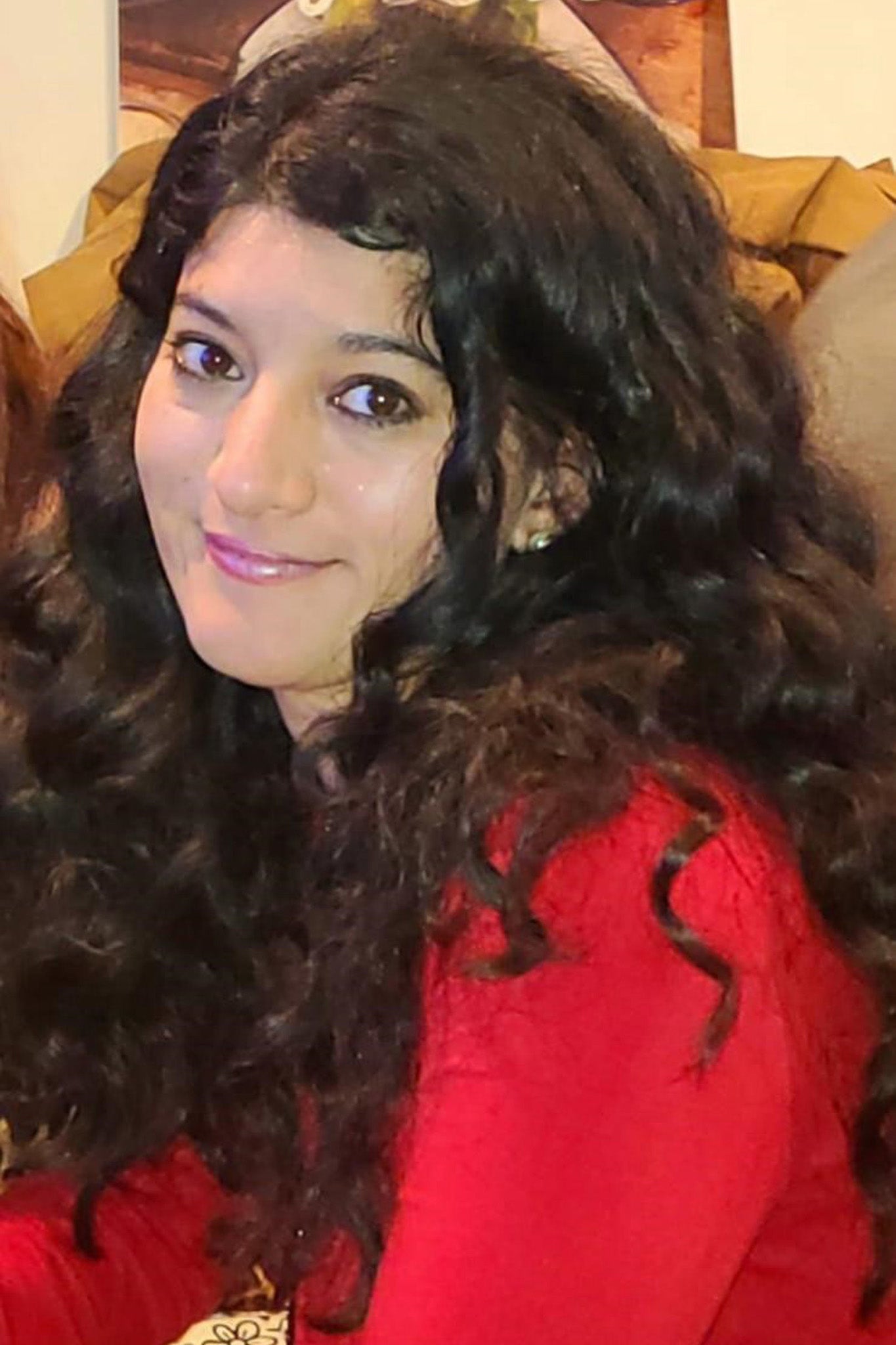
Your support helps us to tell the story
From reproductive rights to climate change to Big Tech, The Independent is on the ground when the story is developing. Whether it's investigating the financials of Elon Musk's pro-Trump PAC or producing our latest documentary, 'The A Word', which shines a light on the American women fighting for reproductive rights, we know how important it is to parse out the facts from the messaging.
At such a critical moment in US history, we need reporters on the ground. Your donation allows us to keep sending journalists to speak to both sides of the story.
The Independent is trusted by Americans across the entire political spectrum. And unlike many other quality news outlets, we choose not to lock Americans out of our reporting and analysis with paywalls. We believe quality journalism should be available to everyone, paid for by those who can afford it.
Your support makes all the difference.A woman sexually assaulted on the same road as Zara Aleena has accused police of not doing enough to prevent crime against women.
Ms Aleena was killed on a street in Ilford, east London in the early hours of Sunday 26 June, on the way back from a night out with friends.
A man has since been charged with murder, attempted rape and attempted robbery. The aspiring lawyer’s death has led to renewed concerns from women in the capital that police are still not doing enough to stop such violence.
Now a 23-year-old woman has come forward to say she was attacked on the same street, while also returning from an evening with friends, when harassment turned into sexual assault.
The woman, who does not wish to be identified, says she has become “very wary” of walking alone, knowing her attacker is still roaming the streets after the police failed to find him.
Speaking of the police’s role in helping to protect women from male violence, she said they should be “there to prevent the crime from happening, not just when the crime happens”.
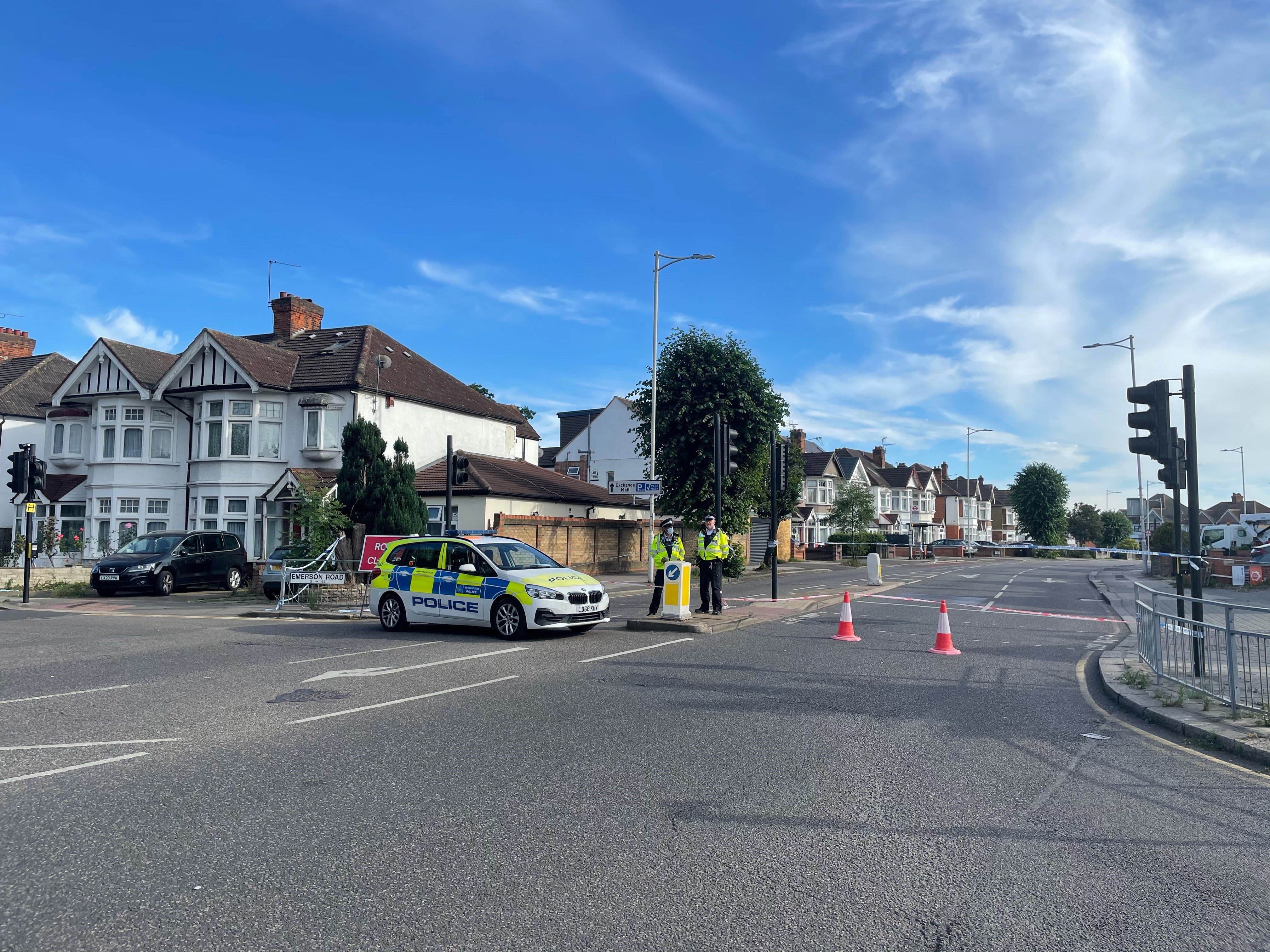
Recounting her ordeal, the victim said she left Ilford station at 10.30pm on 27 September 2021 and began the short walk through Cranbrook Road but soon realised someone was walking behind her.
The man initially walked past but then slowed down, attempting to walk at the same pace. She sped up and walked past him but then he approached and asked for her number.
“I said no, obviously,” she told The Independent. “But he kept persisting, over and over again. He couldn’t speak English properly, he just kept saying the same thing.”
The victim told the man her father was “right there” to try and scare him away. But the attacker would not believe her, repeatedly saying, “No” to show her that he knew no one was around.
“He started coming close and I was backed up against a wall,” she said. “Then he grabbed my butt, and I slapped his hand away. I started shouting at him and said again, ‘My dad is right there.’”
The 23-year-old, who was 22 at the time of the attack, said the man was “looking at [her]” to see if she was telling the truth about her father. I continued shouting ‘Dad!’ pretending he was there, and that’s when he started running off.”
The man headed back in the direction of Ilford station, while the victim ran for the last five minutes to her destination, terrified he would turn around and realise her father was not there.
The shocked family reported the incident to the police but said they were disappointed with the force’s “slapdash” response, and the case was eventually closed with no arrests made.
While the victim was able to get away before anything more severe happened, she worries what the attacker would have done to other women who may have been overcome.
Describing herself as taller than the man, she said: “If it was someone who wasn’t as loud or strong, or if someone froze in fear, he would have done something.”
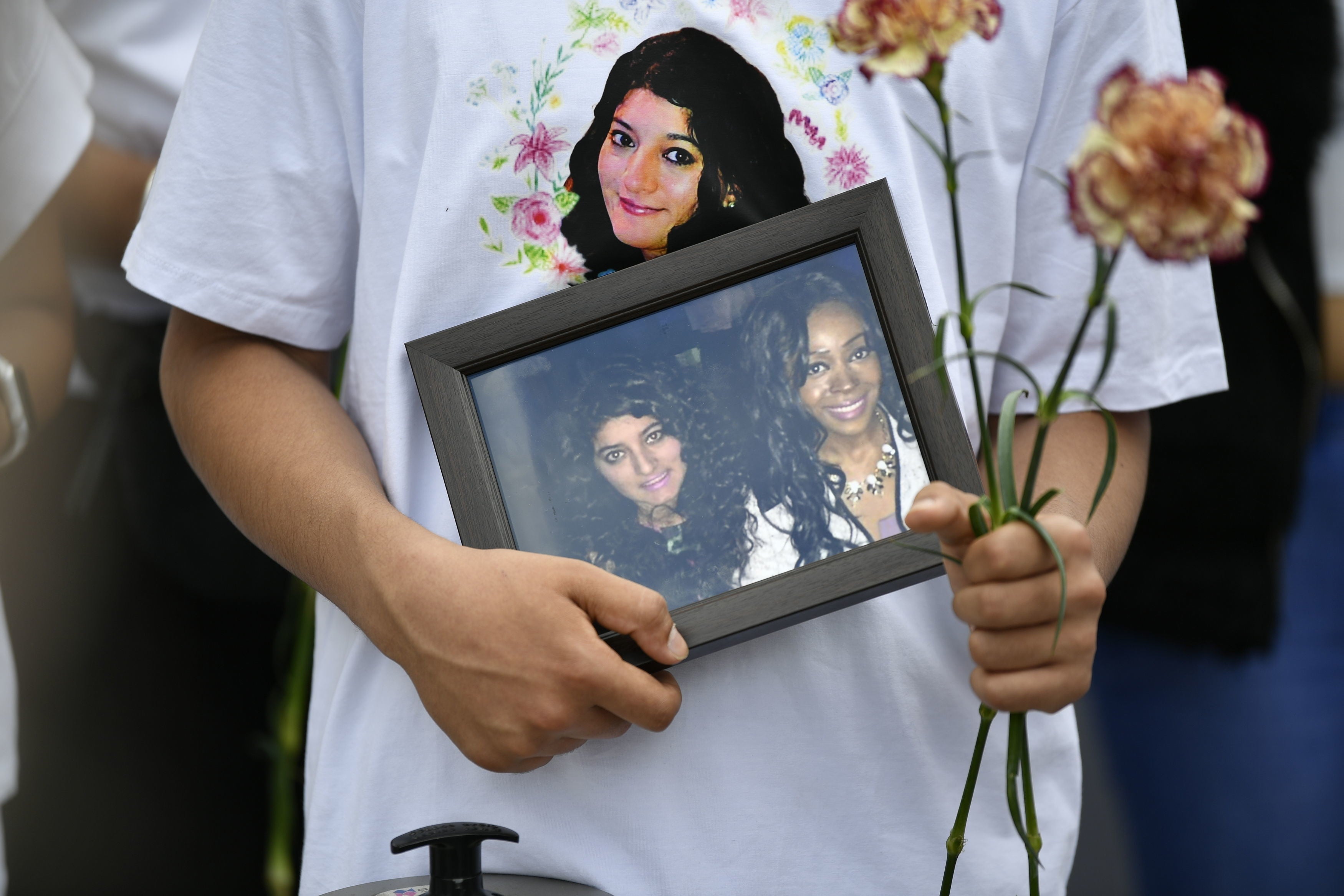
After being told to go to her local station to report the crime, no one was available to take her statement.
“We’ve just reported a crime of this nature and we’ve been asked to come back in two or three hours,” her mother said. “It all felt very casual.”
They decided to call the station to ask if officers could take a statement from the victim’s home, but say they were told no one would be able to come until the weekend, which would mean the victim had waited for five days after the incident.
At this point, the victim’s mother got in touch with local Labour councillor Khayer Chowdhury, who had been campaigning for better safety in Ilford, particularly for women.
Within a day of the councillor reaching out to the police, the Met sent two male police officers, which the victim’s mother described as “insensitive” as her daughter felt “daunted” by them being there.
“She’s just been sexually assaulted by a male,” her mother said. “If I hadn’t been at home she would have been alone with two strange males in her own home. It’s not really appropriate. When will the lessons be learnt about this? At least there should have been one female there.”
The victim said she gave a detailed description of the attacker as South Indian, but when the officer went back over the details to her, she claims he said: “You mentioned the attacker was Black?”
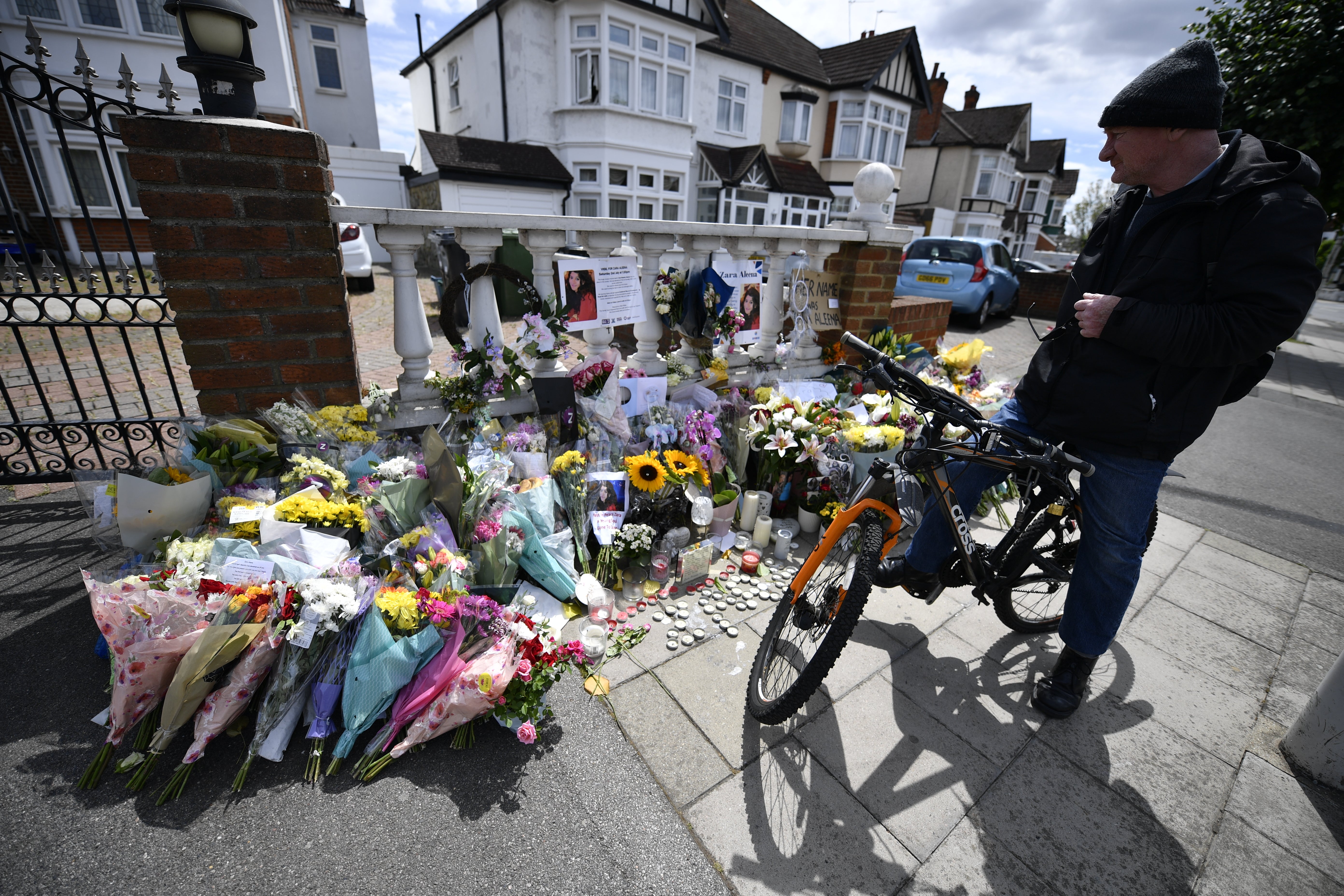
She felt this showed an unconscious bias against Black people. As a woman of colour dealing with the police, she said: “I don’t feel safe, I feel scared.”
The family say there were told by police there was “clear” CCTV footage that captured the incident, but officers later said images were too grainy and the case was closed.
“We feel like we’ve been abandoned here and we’re not hearing what’s happening,” the mother said. “Initially she was reluctant to report it, and then she did it and it just ends like that.
“Is that meant to give her any kind of confidence that if, God forbid, it happens again, that something will actually be done?”
The family felt “compelled” to share what happened to them after they heard the news about Ms Aleena and the growing fear that women in the area have for their safety.
It terrifies them to know that the attacker is still out there, when the victim still has to walk from the station late because she “has a life to lead”.
“You can be close to home and terrible things start to happen,” the mother said, “because that’s when you might begin to relax when you think, ‘Oh I’m only down the road.’”
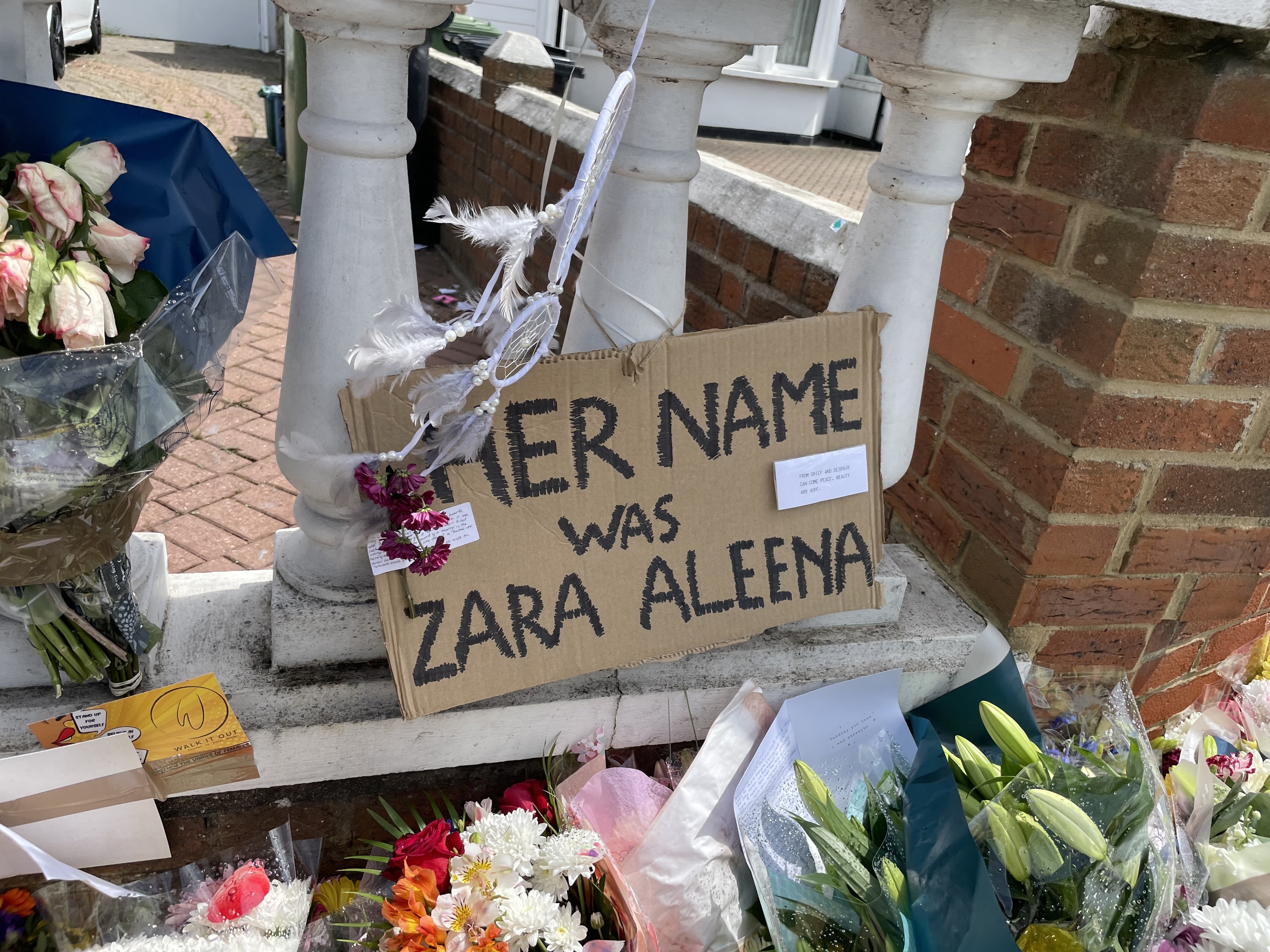
Speaking after the killing of Ms Aleena, the Met’s chief superintendent Stuart Bell said: “I understand that for women, particularly locally, this is an incredibly distressing incident, and I urge you to be alert but not alarmed.”
Responding to this statement, the mother of the assaulted woman said: “The police aren’t grasping the issue. We have to be alarmed when crimes like that happen. A woman has died, it’s not enough to be alert.
“Especially when we feel the response is so slapdash when things do happen.”
The Met Police said it takes offences of this nature very seriously and officers pursue all available lines of enquiry in an effort to identify suspects and bring them to justice. But in this case they said they did not have enough evidence to identify the attacker.
A spokesperson said: “It is always disappointing when an investigation has to be closed due to a lack of realistic lines of enquiry but officers do have to make difficult judgements based on the likelihood of identifying a suspect and securing a conviction with the evidence available.
“In this case, while the suspect was seen on a number of CCTV cameras, the quality of the image that could be taken from the available footage was deemed to be too poor to offer a realistic chance of him being identified.
“In the absence of other available evidence, this meant the case had to be closed.
“We understand the victim in this case has expressed frustration that when she first attended the police station, there were no officers available to take her statement. Our records indicate that she arrived at the station two hours before her scheduled appointment and was asked to return at the pre-arranged time. She was unable to do so and so arrangements were later made for officers to attend her home address.
“We also understand she was concerned that both officers who subsequently attended were male. We do not routinely allocate officers to incidents based on their sex or that of the victim. All our officers are trained in the same way and are able to provide support to victims no matter of all sexes and backgrounds.
“Should any further evidence come to light in this case, it will be assessed to determine if it offers a new viable line of enquiry.”


